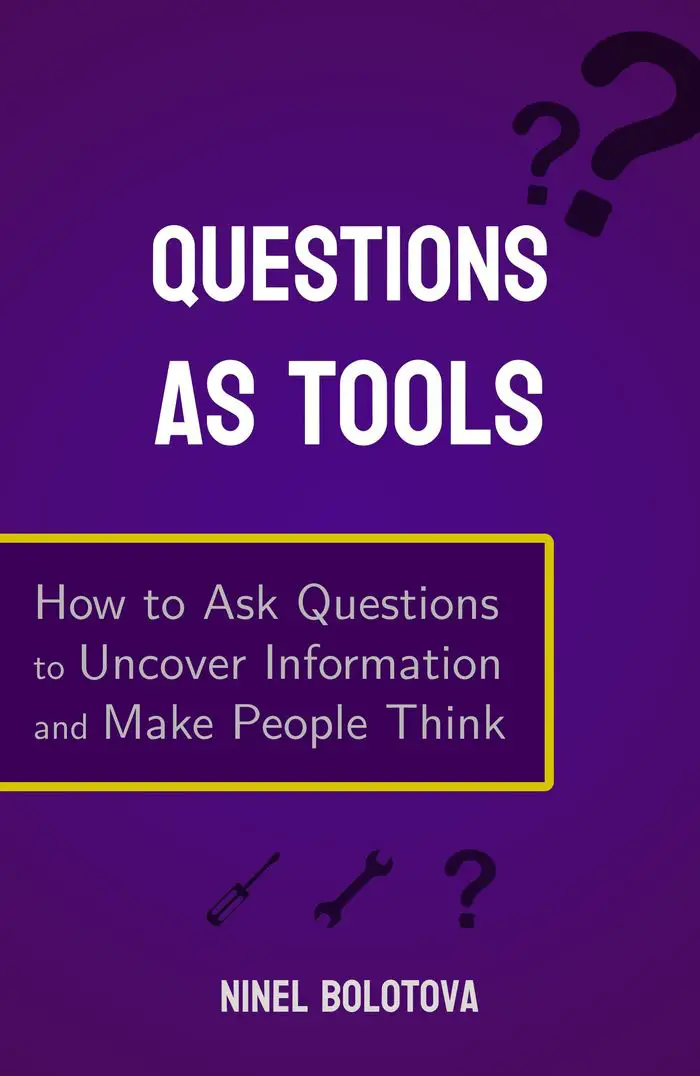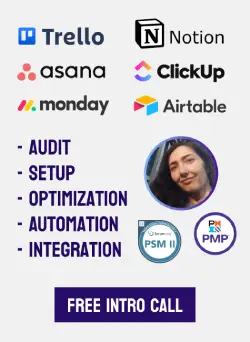Is Getting Certified Worth It? Do the Benefits Outweigh the Costs?
If the job you seek requires a license, then making a decision is easy – you don’t really have a choice. Licensure and certification are both means of verifying your skills and expertise, but they have some distinct differences.
In a nutshell, a license is issued by a government authority and is legally required to practice in a field or hold a certain title. Certification is voluntary, serving as a reassurance to your peers and clients that you meet specific qualifications.
That’s why within your group of friends you could call your friend Steve a “certified nutcase” for doing crazy stunts and disregarding his safety despite numerous injuries. He gets recognition from peers who feel they have enough expertise to know a nutcase when they see one. But he doesn’t need official approval or permission to keep doing what he does.

photo by @davedono_ on Unsplash
So, while you can’t practice as a doctor or a lawyer without obtaining a license, in areas like programming or project management you could work quite successfully without ever passing formal exams.
Getting credentials would level up your profile, and you’ll learn new things while preparing for the exam. But perhaps you’re not sure if you should go through with it, given the time and money obtaining a certification would require. Not to mention how many options there are to choose from – which one would be the best investment?
“Is it worth it” could be broken into at least two aspects: “Will it help me get a new job or a salary raise?” and “Will the benefits of the knowledge I gain in the process outweigh the costs?”
In this article, we’ll see what the answer is in your situation.

photo by @persnicketyprints on Unsplash
What is your core motivation?
First of all, you need to know what your “why” is. Imagine you already got a certain certification you’re considering. If anyone were to ask: “Why did you get this one?”, what would your most honest answer be?
- Everyone in my field has it, so I decided to get one
- To get more competitive edge
- I liked the challenge of passing the exam
- It was the cheapest among the ones relevant to my field
- I like getting credentials and wanted another addition to my list
- The particular job I was interested in required it
- I wanted the knowledge preparing for the exam would give me
- My employer offered to take it, so I decided I might as well do it
- I know the subject very well and decided to make it official
So, which one is it? Most probably you’ll have a combination of those answers, but what do you think is the strongest factor? If you complete a sentence: “I got this certification because…” with each of the options above and say it out loud, which option feels the most satisfying? Which of those a potential employer would like to hear the most or the least?
Figuring out your motivation is important. It will help you decide which steps you're willing to take and will be your driving force to take them.
You probably don’t have a definitive answer now – after all, having things clarified is the point of reading an article like this. But as you read on, keep the points above in mind.

Requirements for getting certified
With some certifications, you can go ahead and take the test whenever you feel prepared, but many have some condition you have to meet before applying, the most common are:
- Years of experience
- Taking a course
- Obtaining a lower-level certification first
It could be just one, or a combination of these, or all three.
Many well-recognized certifications have the experience barrier – a minimum of verifiable hours of paid professional work in a related area. For example:
Project Management: 36 months leading projects – PMP by PMI.
Business Analysis: 7,500 hours of BA Work – CBAP by IIBA.
Human Relations: 1 year of professional HR experience – PHR by HRCI.
Cybersecurity: 5 years of work experience – CISSP by (ISC)2.
Here’s a more detailed breakdown of prerequisites for the top cybersecurity certifications.
Full costs of obtaining and maintaining a certification
Aside from the exam price itself, there are at least two types of costs you need to consider: preparation and recertification cost.
Preparation costs could run from zero to thousands of dollars, depending on which resources and courses you’re using. The route to take here would depend on how used you are to self-education, how much time you have, how much money you have to spare, and whether there are courses that are particular to your liking.
For some certifications, the required work experience could partially be waived if you pass an eligible course.
Recertification cost is a fee that you need to pay every year or once a few years, and a number of learning units you need to submit to show that you keep actively practicing. Attending webinars and conferences, writing articles, reading books, working in a relevant area, organizing events, and so on. Some credentials don’t expire, so their recertification cost is zero.
Check my breakdown of recertification costs of the cybersecurity credential providers.
Are you really proving your skills by getting certified?
But if you already have years of professional experience under your belt, will passing that exam change anything? At the end of the day, certification is a test – it doesn’t exactly reflect your ability to deal with the complexity of real-world scenarios. Isn’t your success the best testament to your abilities?
Most of the time, when people are just getting to know you and are considering whether they should be working with you, they would prefer to have extra reassurance from a trusted third party. I think the keyword here is “standards”.
Passing the exam shows that your ability to process certain concepts, approaches, and find solutions is on par with the current standards in a particular field.
It shows that you’re taking your profession seriously and are willing to invest resources in education.
Any smart and dedicated person using exam preparation techniques could pass the test itself after a relatively short preparation period. That’s why there’s an “experience gate” on most recognized certifications – anyone who sees them on your CV would know that not only do you have the brains and dedication to pass the test, but also years of experience to back it up.
On the other hand, even with your work experience, you need to understand what kind of questions the test will be asking and be sure you’re equipped for answering them. This could range from skimming through the exam outline to making a half-year study plan. So, by putting the credential on your CV you confirm that not only do you have years of working in a certain role, but you learned a lot from it and are committed to improving your knowledge

photo by @iamirinaleoni on Unsplash
Will I get a salary raise at my current job?
You might, but consider this. If the other variables don’t change – you have the same responsibilities as before, performing at the same level as before – then why would adding a credential to your name change the outcome? Most likely, something else will also need to happen, for example:
- Using the knowledge you obtained when preparing for the exam, you implement some improvements, get recognition and the raise
- You performed at a high level for a while, and getting a credential gives you more confidence to ask for a raise
- You’re transitioning into another role with different responsibilities and pay
There is a correlation between having a credential and earning more per annum than the specialists who don’t have it, but correlation doesn’t mean causation. Maybe obtaining the credential indeed provoked the pay raise, like in one of the scenarios above. Or maybe it was the other way around – people who were more successful in their career and earning more were more likely to invest in themselves and obtain a credential. Or perhaps there’s some other factor that is responsible both for achieving a higher salary and the desire to pursue the certifications.
Whatever it is, if you do decide to get certified, you’ll most likely see the benefits observed in those studies. Just remember that it’s not the badge itself that does the magic.
Will I benefit from certifications as a freelancer?
People you work with for some time are already familiar with you, your strengths and weaknesses. “Impressive credentials” matter most when you’re actually making the first impression – when you’re aiming to land a new job, sending out your resume, and doing interviews.
As a person constantly putting their CV before the eyes of potential employers, you get the benefit from the “competitive edge” side of having credentials.
Should I get a lesser-known certification or an entry-level one from a well-known provider?
When we spoke about your friend Steve in the beginning, I mentioned that certification means recognition by peers who know what they’re talking about.
Who do you want to be recognized by? The certification name sounds solid, but what kind of authority and expertise does the issuer have?
Check who they are, their history, their values. Don’t take anything for granted – even with the well-recognized names like PMI or (ISC)2 you need to have a good understanding of who you’re dealing with and why people trust them. Also, learning more about them would just be respectful.

photo by @drolls0ut on Unsplash
All things being equal, I think you’re better off getting an entry-level one from a widely recognized provider. For people who don’t have proven experience for the main certifications, the could be some form of an “associate”. You’ll benefit from the same body of knowledge the higher-level exams have, and from the brand recognition.
As for the certifications that don’t immediately ring the bell for most people, analyze them. Who is the provider? How hard is the exam?
You need to be ready to introduce this certification and its value, and not expect to get extra mental points for name recognition alone.
Why it’s worth it even if you fail the actual exam
The initial question was “Are there any benefits from the certification if I get it”, and the answer could be “yes” or “no”, one or zero. But what about the negative? What if you spend all this time and money preparing and applying – only to show up and score low on the test?
It will still be useful if you get the most out of the preparation process. Learning activates your brain and helps you live a happier and healthier life.
Cherish the new information you receive. Fall in love with it. Devour it. Go an extra mile, read more sources, practice, let those neural connections flourish.
Some certification providers offer the second attempt at a discounted price, so you can use this option if you don’t pass at the first attempt.
But you will most likely succeed. See how to prepare for a test and pass it the first time. So not only will you reap the benefits of learning, but you’ll also have a credential – a cherry on top of the improvement cake.
Conclusion
Now is the time to see what the answer is in your situation. I won’t be the one telling it, though. In our dialogue, I presented some information and shared my point of view, but now it’s over to you.
Are you planning to impress your current or potential employer any time soon? Do you feel that it’s time to up your professional game? Clarify your motivation, compare different options, consider how much time and money you could spend without regret.
As for my own stance on the matter – I think the cost/benefit ratio would be favorable if you approach getting certified with the right perspective.
Any certification is not a goal in and of itself, not a trophy collecting dust on the shelf, but a stepping stone, a building block in your longer-term life and career strategy. You do have a strategy, right?.. But that’s a talk for another day.

 Ninel Bolotova, PMP, is a workflow expert setting up and automating processes in ClickUp, Trello, Notion, Monday and other PM tools. She enjoys challenges related to process setup, automation and optimization.
Ninel Bolotova, PMP, is a workflow expert setting up and automating processes in ClickUp, Trello, Notion, Monday and other PM tools. She enjoys challenges related to process setup, automation and optimization.